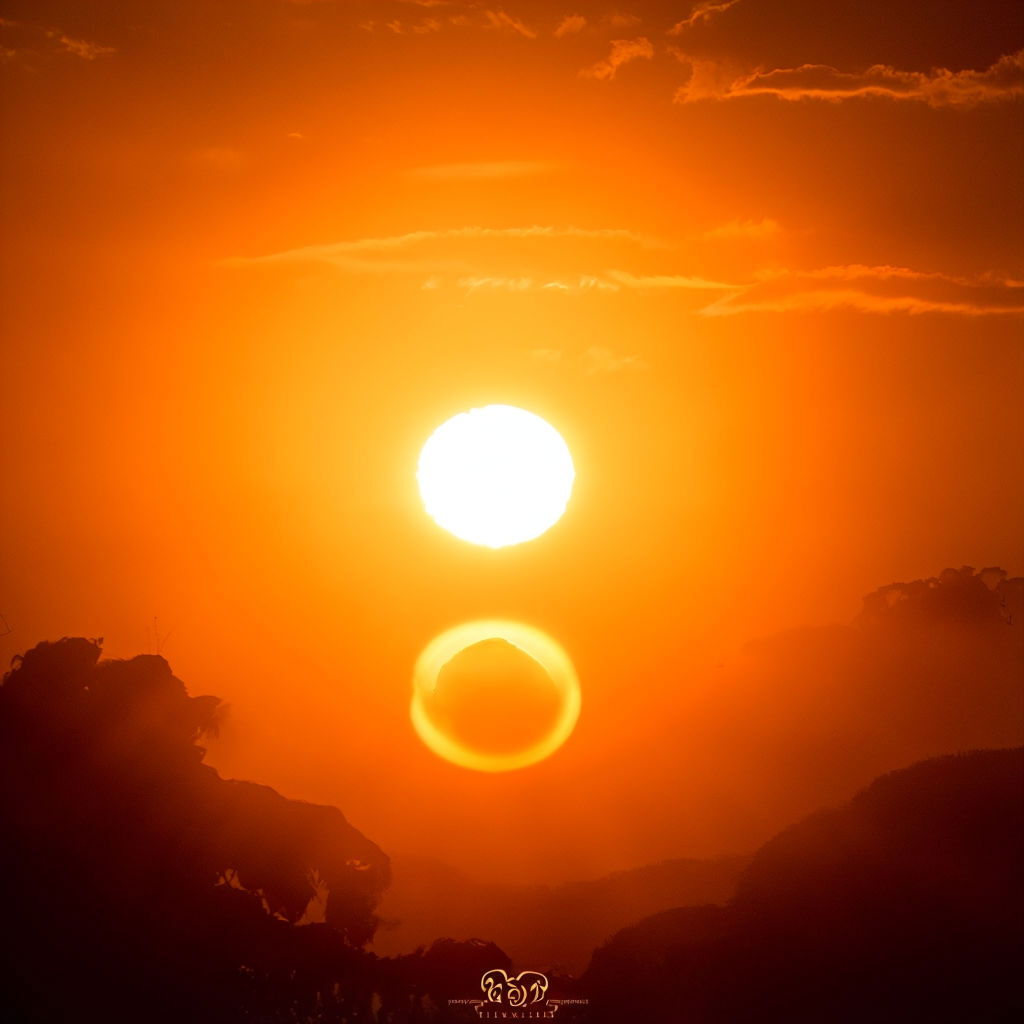Cosmic Dance: Life as the Ultimate Game

In the timeless words of Alan Watts, “This is the real secret of life—to be completely engaged with what you are doing in the here and now. And instead of calling it work, realize it is play.” What if life itself, with all its twists and turns, is nothing more than a divine game? What if our deepest spiritual truths are not found through rigorous discipline or dogma, but by participating joyfully in this cosmic dance? To Watts, the true nature of existence reveals itself not through struggle, but through play. In this article, we’ll explore the idea that life is the ultimate game—a dance of consciousness where enlightenment is found in realizing the absurdity, beauty, and playful nature of the cosmos.
At the core of Watts’ philosophy is the belief that the universe is fundamentally playful, and that much of human suffering stems from our refusal to recognize this. Life is often treated as a serious endeavor—a competition, a series of goals to be achieved, a linear path toward some grand conclusion. This perspective blinds us to the true nature of existence, which is less like a straight line and more like an ever-unfolding dance.
According to Watts, enlightenment occurs when we finally recognize that the universe is, in fact, a cosmic joke. This is not to diminish life’s importance, but to highlight that its profundity lies in its humor, its unpredictability, and its playfulness. When we begin to see through the illusion of separateness and control, we stop taking ourselves so seriously. We laugh at the absurdity of trying to grasp what is, by its very nature, ungraspable. In that moment of laughter, we awaken to a profound spiritual truth: life is a game meant to be played, not a puzzle to be solved.
Watts' understanding of this cosmic joke echoes traditions like Zen, where enlightenment often comes in the form of a sudden realization—a laugh at one’s own seriousness. The great Zen masters would often shock their students into awakening by acting unpredictably or saying something absurd. In this way, enlightenment is not about "figuring things out"; it's about realizing there's nothing to figure out. Life is happening right now, and the only thing left to do is to dance with it.
In Watts' view, life is less like a march to some far-off destination and more like a dance. In a dance, there is no ultimate goal to reach; the point of the dance is the dancing itself. Each step, each movement, is an expression of joy and creativity. Watts suggests that the same principle applies to life. The purpose of life is not to arrive somewhere; the purpose is to live fully, to engage with the present moment as an ever-evolving improvisation.
This view contrasts sharply with the work-centered mentality that dominates much of modern life. We are often conditioned to think that life is about achieving success, accumulating knowledge, or fulfilling some predefined destiny. But Watts reminds us that these pursuits are illusory. They keep us locked in a mindset of constant striving, where we are forever waiting for life to begin—after the next promotion, after the next achievement, after enlightenment is "attained."
To see life as a dance is to understand that the real richness of existence is found in the flow of experiences, in the present moment. Each experience, whether joyful or painful, is part of the dance, and none is more important than the other. True freedom comes when we stop trying to control the rhythm and learn to move with it, improvising as we go. In this sense, enlightenment is not about escaping life’s challenges; it’s about engaging with them playfully, without attachment or resistance.
Many spiritual traditions have embraced the idea of life as play, where dance, music, and celebration are pathways to divine connection. In Sufism, for instance, the whirling dance of the dervishes is a profound expression of spiritual ecstasy. As they spin, the dancers lose themselves in the movement, transcending the boundaries of the ego and merging with the divine presence.
Similarly, in ecstatic dance practices, individuals often experience moments of deep spiritual insight not through meditation or prayer, but through the sheer joy of movement. In these moments, the body becomes a vessel for divine energy, and the mind is quieted. The boundaries between self and other dissolve, and one experiences the world as a seamless flow of energy.
These traditions recognize that play and freedom are not opposites of discipline and spirituality but essential elements of it. They show us that dancing with life—literally and metaphorically—is a profound way to connect with the divine. The rigid walls of the ego soften when we engage with life’s rhythm, and in doing so, we experience the boundless freedom that comes with surrendering to the cosmic flow.
The idea that life is a game is an ancient one, found in various spiritual traditions. In Hinduism, the concept of *Lila* describes the universe as the divine play of the gods. Reality is not a fixed or static thing but an ongoing performance, where creation, destruction, and rebirth are part of an eternal cycle of play.
This divine play is not random or chaotic but is full of meaning and purpose, though not in the way our linear minds might understand. To the gods, the universe is an infinite playground, where forms arise and dissolve, where consciousness explores itself in an endless dance of creation. When we awaken to this truth, we recognize that life is a game—a game we are invited to play, not with anxiety or fear, but with joy and curiosity.
The key to playing this cosmic game is not in controlling it but in participating fully. Like a skilled dancer, we learn to move with the rhythm of life, responding to its changes with grace and spontaneity. We stop trying to force things to happen according to our plans, and instead, we open ourselves to the flow of life’s unfolding. This is true freedom—the freedom to play in the infinite playground of the cosmos, knowing that there is no ultimate victory or defeat, only the dance.
Life, in all its complexity and mystery, is far from a burden to be carried or a task to be completed. It is, as Alan Watts reminds us, the ultimate game—a cosmic dance where every step, every moment, is an invitation to play. The spiritual path is not about escaping this game, but about learning to participate in it joyfully, without attachment to outcomes or fear of failure.
When we awaken to the truth that life is a game, we experience a profound sense of freedom. We see that enlightenment is not found by renouncing the world but by engaging with it fully, with laughter, creativity, and love. The universe itself is playful, and it invites us to join in the dance.
So let us embrace life as the ultimate game—one that cannot be won or lost, but only played. Let us move through its rhythms with grace, laugh at its absurdities, and dance in the flow of its ever-changing form. For in doing so, we discover the true nature of existence: that we are the players, the dance, and the game itself, all woven together in the joyful, infinite play of the cosmos.
HOLOSOPHY AS PLAY!
